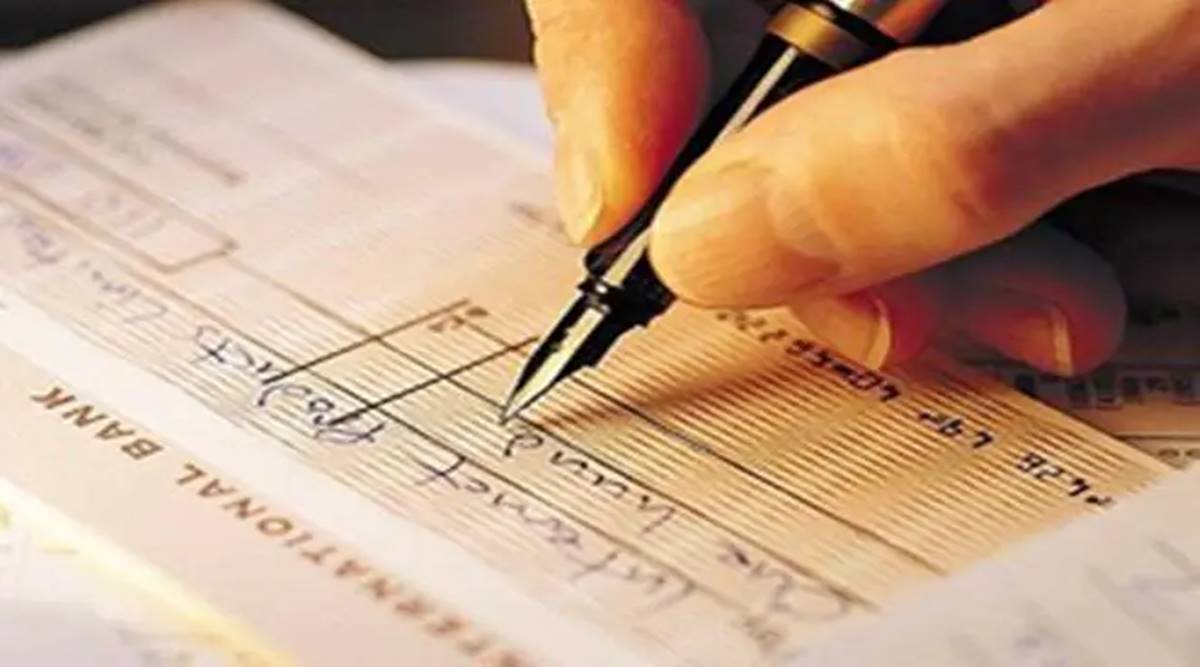If a check bounces (meaning that the bank returns the check unpaid because the account lacks sufficient funds), the person or entity that deposited the check can take legal action against the person who wrote the check (the “maker”).
In India, the Negotiable Instruments Act, of 1881 provides for legal remedies in the case of a bounced check. Under this Act, the person who deposited the check can file a complaint with the police, alleging that the maker has committed the offense of “dishonor of cheque for insufficiency of funds.”
If the police find sufficient evidence to support the complaint, they may file a charge sheet against the maker. The maker can then be tried in court for the offense of bouncing a check. If the maker is found guilty, they may be sentenced to imprisonment and/or may be required to pay a fine.
📈🤖 Unlock unparalleled trading potential with GPT Stocks Master AI! Revolutionize your portfolio, leveraging real-time insights and predictive analytics. Don’t miss out – step into a world where precision and profitability meet. Ready to transform your trading journey? Click “Master My Trades” now for your exclusive access! ✨🚀📊
In addition to criminal activity, the person who deposited the check can also file a civil lawsuit against the maker to recover the amount of the check.
It is important to note that legal action should only be taken as a last resort after all efforts to resolve the matter amicably have failed.

Top of Form
Various situations that result in cheque bouncing/dishonoring
There are several situations that can result in a check bouncing or being dishonored:
Insufficient funds: This is the most common reason for a check to bounce. It occurs when the maker of the check does not have sufficient funds in their account to cover the amount of the check.
Account closed: If the maker’s bank account has been closed at the time the check is presented for payment, the check will be dishonored.
Incorrect account information: If the account number or bank routing number on the check is incorrect, the check will be dishonored.
Stale check: If a check is presented for payment more than six months after it was written, it may be considered a stale check and may be dishonored.
Alterations on the check: If the check has been altered in any way, it may be dishonored.
Signature not genuine: If the bank determines that the signature on the check is not genuine, the check may be dishonored.
Insufficient endorsement: If the check is not properly endorsed by the payee, it may be dishonored.
Freeze on account: If the maker’s bank account has been frozen by a court order or other legal action, the check may be dishonored.
It is important to note that the above list is not exhaustive and there may be other situations that can result in a check being dishonored. For more kindly visit Advnehabatra.com
